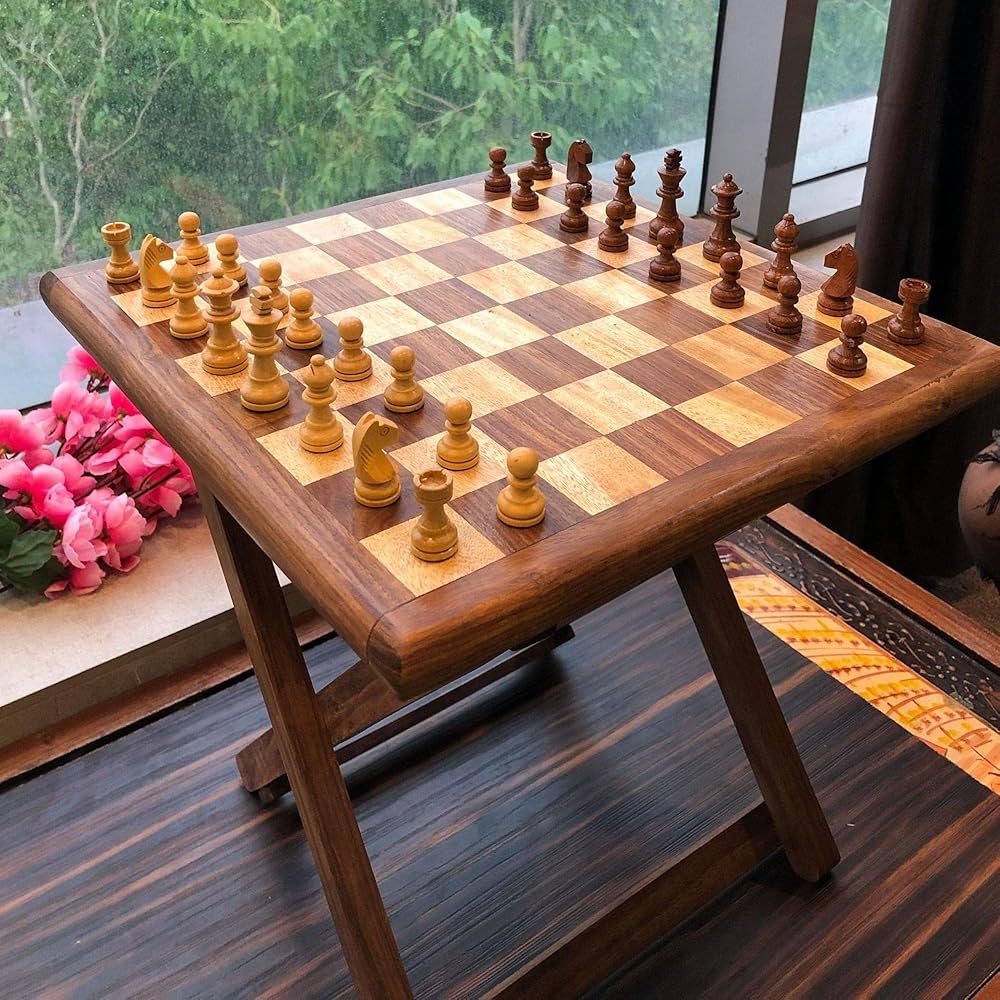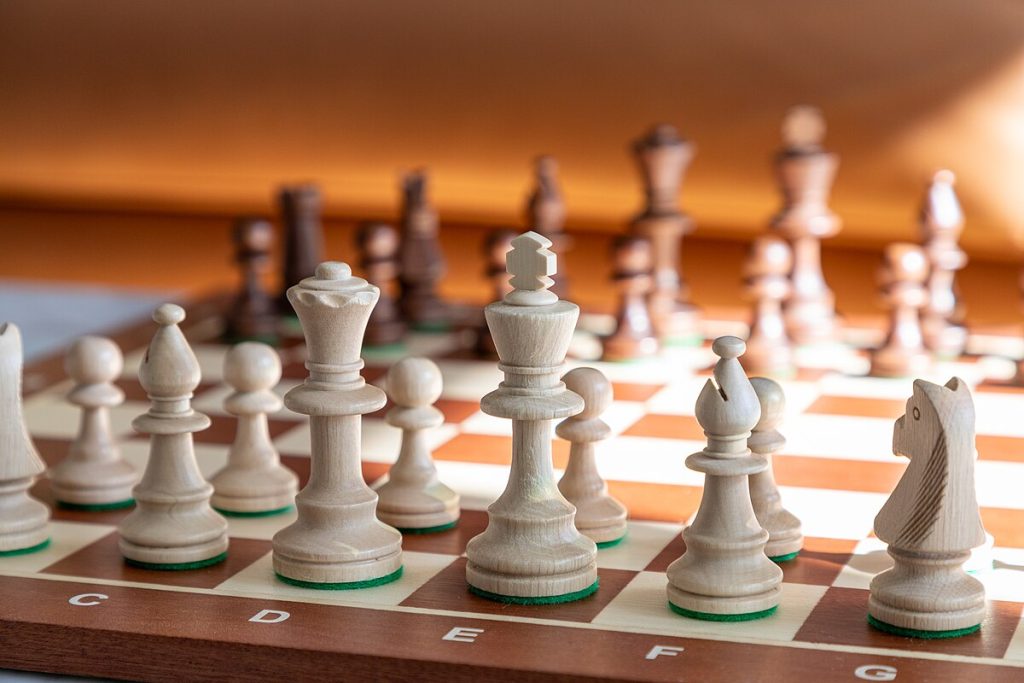Consistency Over Talent: The Hidden Secret to Progress in Any Skill
Introduction: Why Consistency Beats Talent Every Time We often celebrate “talent.” We admire the naturally gifted, the child who learns...
Read More
Chess as a Life Skill: How the Board Builds Better Thinkers
Introduction: More Than Just a Game When most people think of chess, they picture quiet concentration, a board, two players,...
Read More
The Power of Purposeful Play: Why Your Child Needs More Than Just Fun
Introduction: Beyond Just Playtime In every child’s world, play is a natural language. It’s how they explore, express themselves, and...
Read More



